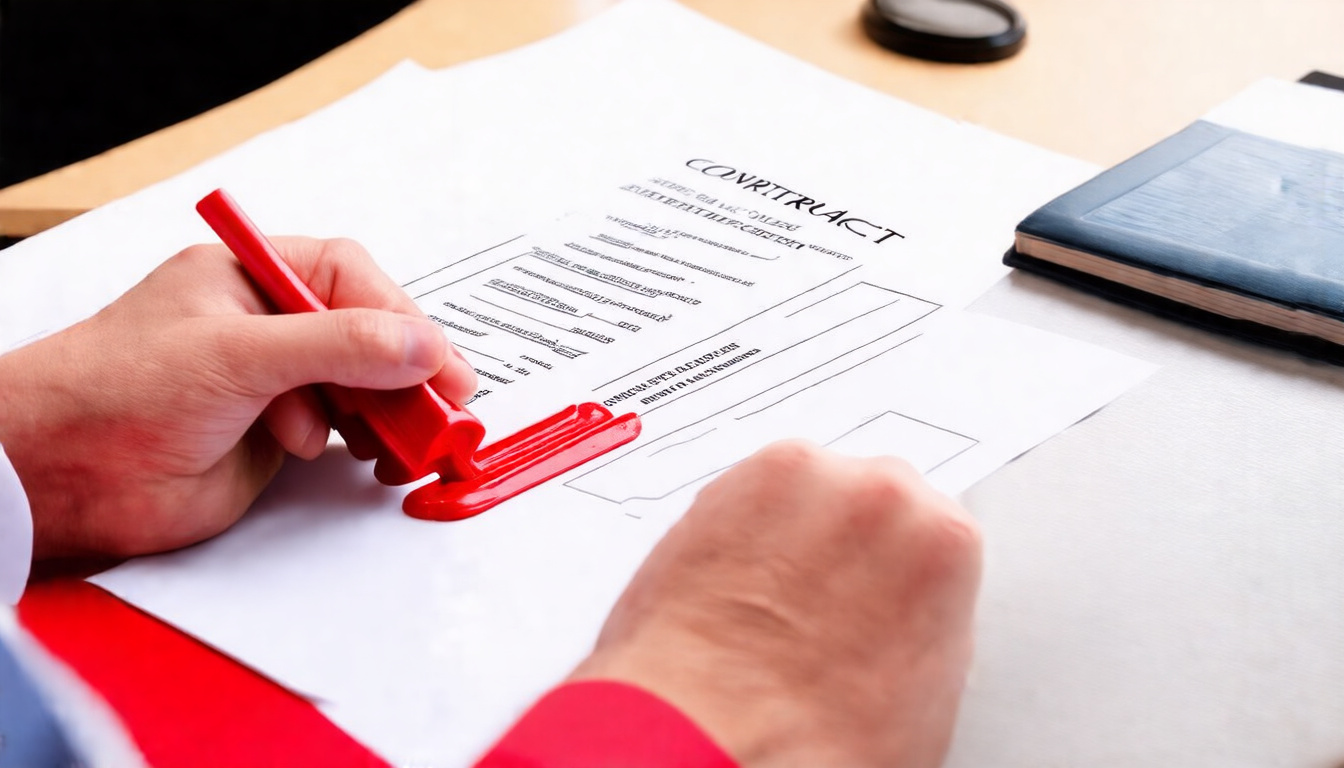When you take part in activities, sign up for events, or use services, you may see a liability waiver. This waiver is a legal tool; it shields an organization by lessening its duty if you get hurt or issues arise. Knowing what a liability waiver means before you sign helps you protect your rights and understand your promise. In this article, we look at the key points of liability waivers, what they include, and how to handle them smartly.
What Is a Liability Waiver?
A liability waiver is a contract between you (the participant) and the service provider. When you sign it, you accept the risks of the activity and agree not to blame the organization for injuries or damages.
Liability waivers often appear in sports, rock climbing, skydiving, fitness sessions, and even some medical or wellness services. Their main goal is to cut the risk of expensive lawsuits for the business.
Why Are Liability Waivers Important?
Liability waivers matter to groups that offer activities with some danger. Without a waiver, a business may jump into legal and financial trouble if you get hurt and then sue.
For you, the waiver gives clear facts about the risks. This clarity helps you decide if you want to take part.
It is wise to know the full weight of signing a waiver. When you sign, you may lose the power to ask for money if something goes wrong.
What Does a Liability Waiver Usually Cover?
Even though terms can differ, most waivers cover these ideas:
- Acknowledgment of risks: You admit that the activity is risky.
- Release of claims: You promise not to sue the organization for harm.
- Assumption of responsibility: You take charge of staying safe.
- Indemnification: You might agree to pay for costs if your actions hurt someone or damage property.
Key Elements to Look Out for in a Liability Waiver
Before you sign, check these points:
- Specific risks disclosed: Does the waiver list the exact dangers?
- Scope of release: Which people or groups are shielded? (For example, employees or volunteers.)
- Duration of the waiver: How long does it stay active?
- Limitation or exclusion of liability: Does it cover all injuries or just some?
- Language clarity: Is the writing simple or filled with legal terms?
- Your rights and responsibilities: Does it clearly explain your duties and rights?
- Jurisdiction and governing law: Which state laws run the waiver?
Can a Liability Waiver Be Challenged in Court?
A liability waiver may not always shroud an organization in complete safety. Courts might find a waiver wrong if it:
• Is too broad or unclear
• Was signed under pressure or without full facts
• Covers gross negligence or willful misdeeds (most waivers do not cover these)
• Is unfair or against public policy
For instance, if an activity provider ignores safety rules on purpose, a waiver might not protect them. It is also key that you have the legal right to sign it (for example, the right age or mental capacity).

How to Protect Yourself Before Signing a Liability Waiver
Here are some steps to guard yourself before you sign:
- Read carefully: Never sign without spending time on every word.
- Ask questions: If any part seems odd, ask for an explanation.
- Understand the risks: Make sure you know which hazards you might face.
- Consider insurance: Think about getting personal insurance to cover injuries.
- Negotiate if possible: In some cases, waivers can be adjusted for loyal participants.
- Get a copy: Always ask for your own copy after signing.
When You May Not Be Required to Sign a Liability Waiver
Some activities or service providers skip a liability waiver when the danger is low or local laws do not need it. If a waiver is given, though, refusing to sign might mean you cannot join in. Weigh your choice carefully.
Liability Waiver vs. Insurance Waiver: What’s the Difference?
Many mix up liability waivers with insurance waivers. They work differently:
- Liability waiver: A contract that cuts legal blame for injuries.
- Insurance waiver: A form that alters or removes parts of an insurance policy.
Knowing the difference helps you see the protections or limits you accept.
FAQ About Liability Waiver
Q1: Can I revoke a signed liability waiver?
Generally, no. When you sign, the waiver is set for the agreed time. Yet, if deception or pressure made you sign, some legal exceptions might help.
Q2: Does a liability waiver cover all injuries?
No. Most waivers do not cover harm from gross negligence or willful harm. Always read the words to see what is covered.
Q3: Are minors allowed to sign a liability waiver?
Usually, minors cannot sign a valid waiver. Instead, a parent or guardian must sign for them.
Conclusion: Know Before You Sign
Before you sign a liability waiver, be sure you know which rights you might lose and the risks you accept. A liability waiver helps protect organizations from lawsuits but can also limit your chance to ask for money if you get hurt. Read every word, ask questions when unclear, and decide with care.
If you are unsure about any terms or how they affect you, talking with a legal expert is smart. Arm yourself with knowledge and approach liability waivers with care and confidence.
For more details, the American Bar Association offers useful insights on waivers and liability (source).
Ready to participate safely? Take the time to understand your liability waiver before signing and protect your rights today!
Author: Doyle Weaver, Attorney at Law
Home | Estate Planning | Personal Injury | Hill Country Lawyer | Terms of Service | Privacy Policy
© 2025 Digital Law Firm, P.C.
Disclaimer: The content provided in this blog is for educational and informational purposes only. It is not intended to constitute legal advice or establish an attorney-client relationship. The information presented does not address individual circumstances and should not be relied upon as a substitute for professional legal counsel. Always consult a qualified attorney for advice regarding your specific legal situation. The author and publisher are not liable for any actions taken based on the content of this blog.

Leave a Reply